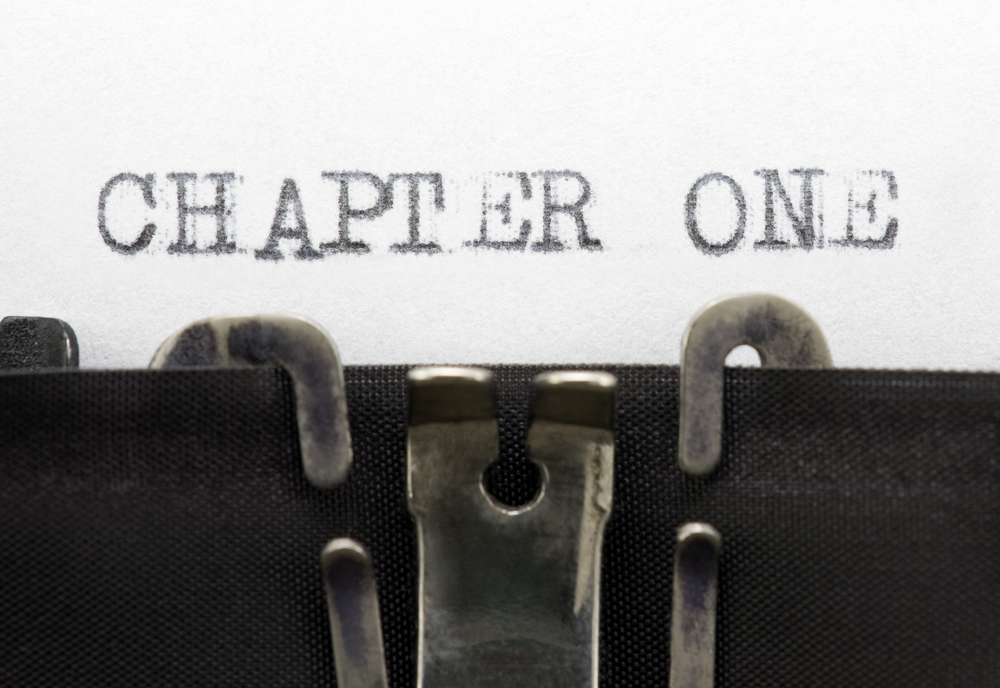(Reposted from February 24, 2012)
The first line of your book is unquestionably the most important one you will write.
It is the line that eggs the reader on, pushes them forward, encouraging them to take a chance with their valuable time on the next line, the next paragraph, the next page, chapter, and ultimately, the entire book. I’m going to say it again, more explicitly: your readers’ time is valuable. Especially readers of today.
Readers of today are constantly inundated with information, to the point that it takes a great deal of interest for them to want to know more about any given topic. Add to that an almost complete devaluing of information due to the fact that it is so immediately accessible at any place in the world. So what can you do about it?
1) Understand the goal of the first line.
The goal of the first line is to provide a strong statement. It is a pledge to the readers of your book that your book is interesting and worth their time.
2) Go through your bookshelf and read first lines.
Read examples from fiction, nonfiction, children’s books, etc. Take the time to notice the word choice; is it effective, and why? Is the line wordy, or brief and abrupt? What works? What doesn’t work?
3) Take notice of what consistently works or draws people in.
Take a writing session and devote it to creating a list of first lines for your book. Make them vary in style and word choice. Read them yourself. Have your friends read them. Have your enemies read them. A word to the wise: be mindful of the feedback you take seriously; your coworker might be more honest than your mom, who probably likes everything you do.
4) Always, always, always, make the second line equally as interesting as the first.
It will make the readers read an entire paragraph! Easy, huh? Maybe not, so, for the second line, rinse and repeat and follow these same guidelines. At some point you’re going to have to keep going with writing the book, but won’t it be nice to do so with a great opener already worked out?
Note: Keep in mind that these same concepts can be applied to the development of your marketing plan as well as your query letters, if you’re looking to get picked up by an agent!


I definitely think starting a scene off with action and cutting out overly done description is very important to hook the reader. I want the reader to be on page 20 before they even know it!
Thanks for the comment James. I agree. I hate reading a book that takes too long to hook me. My favorite books are easily ones where I was hooked from the first pages.
Neat post; great summary. I’m linking to it from the Rethink Press Limited Page on facebook. Please come and like us there. http://www.facebook.com/pages/Rethink-Press-Limited/170755143007307
Thanks Lucy! We’ll go check it out!